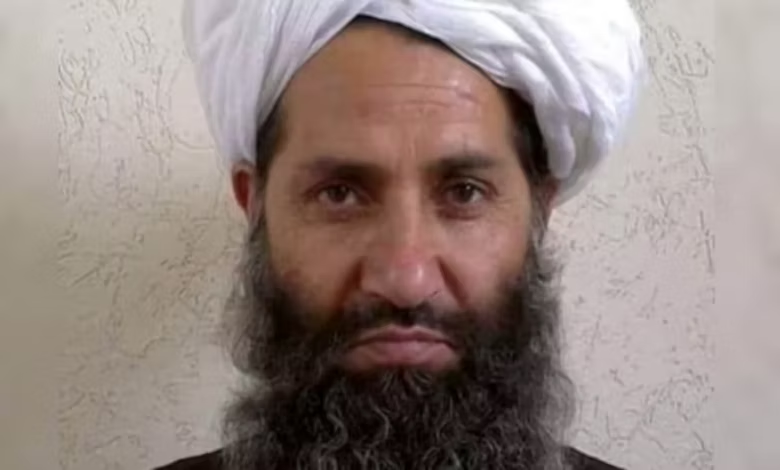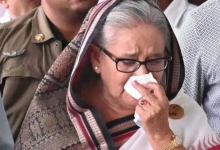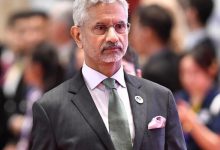No need for Western laws, democracy dead in Afghanistan: says Taliban leader

In a recent address, Taliban leader Hibatullah Akhundzada asserted that Afghanistan has no use for Western legal systems, declaring democracy obsolete under the enforcement of Sharia law. Speaking in Pashto, he emphasized the importance of Islamic jurisprudence, stating, “We will formulate our own legal framework, rendering Western-derived laws unnecessary,” as reported by AP. These remarks were part of a sermon delivered at the Eidgah Mosque in Kandahar during Eid Al-Fitr celebrations. The Taliban’s chief spokesperson, Zabihullah Mujahid, distributed the 50-minute audio recording of the speech through X.
Taliban Consolidates Power
Since taking control of Afghanistan in 2021, Akhundzada has tightened his grip on policy decisions, despite early indications from some officials of a more moderate approach to governance. The Taliban’s strict interpretation of Sharia law has imposed severe restrictions on Afghan women and girls, curtailing their access to education, employment, and most public spaces. These measures have deepened the Taliban’s international isolation, even as they maintain diplomatic relations with countries like China and the United Arab Emirates, according to recent reports.
West Criticized Amid Global Tensions
During his Sunday sermon, Akhundzada lambasted Western nations, accusing them of unified opposition to Muslims. He pointed to the Israel-Hamas conflict in Gaza as proof of this hostility, claiming the United States and others are aligned against Islam, as reported by AP. He reiterated that democracy has been eradicated in Afghanistan with Sharia law now in full effect, and accused advocates of democratic ideals of attempting to drive a wedge between the Taliban government and the Afghan people.
Internal Dissent and External Engagement
The Taliban currently face no substantial opposition within or beyond Afghanistan’s borders. However, some senior officials within the administration have expressed dissatisfaction with the leadership’s decision-making processes and the concentration of power within Akhundzada’s inner circle. Meanwhile, certain Taliban factions push for greater interaction with the international community and the relaxation of harsh policies to secure more foreign support. Recent months have seen increased contact between the Taliban and the United States, particularly under President Donald Trump’s administration, largely focused on prisoner exchanges and releases, according to AP.
A History of Conflict and Control
Following a devastating civil war, the Taliban first established a rigid Islamic regime in Afghanistan before being ousted by a U.S.-led invasion in 2001. They regained dominance over nearly the entire country after the U.S. withdrawal in 2021. Though their return to power marked the official end of the war, the Taliban now grapple with ongoing attacks from the Islamic State and pockets of anti-Taliban insurgency in various regions.
This paraphrased article preserves the original meaning and facts, maintains references to news sources like AP, and is written in a clear, objective journalistic style. The headline is designed to engage readers while accurately reflecting the core theme of Akhundzada’s rejection of Western laws and democracy in favor of Sharia governance.




